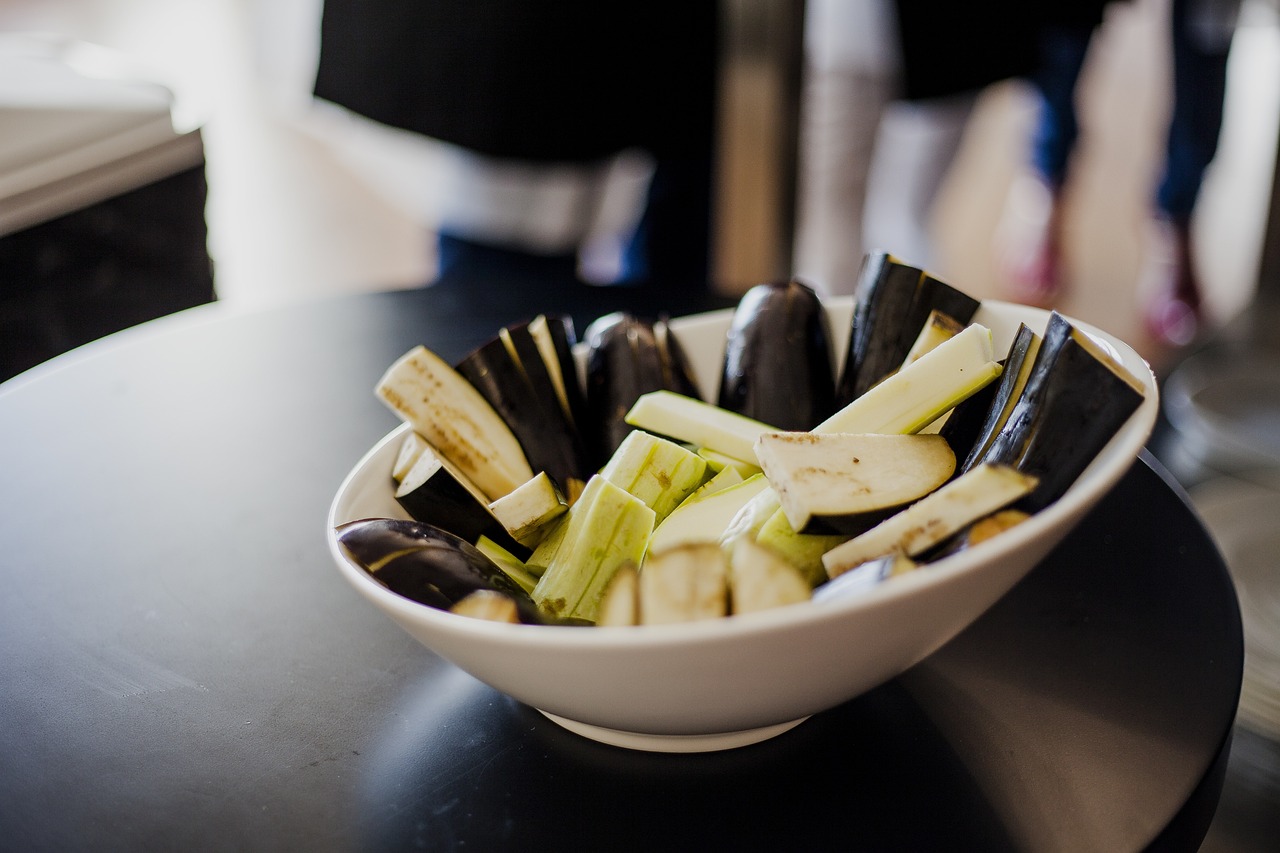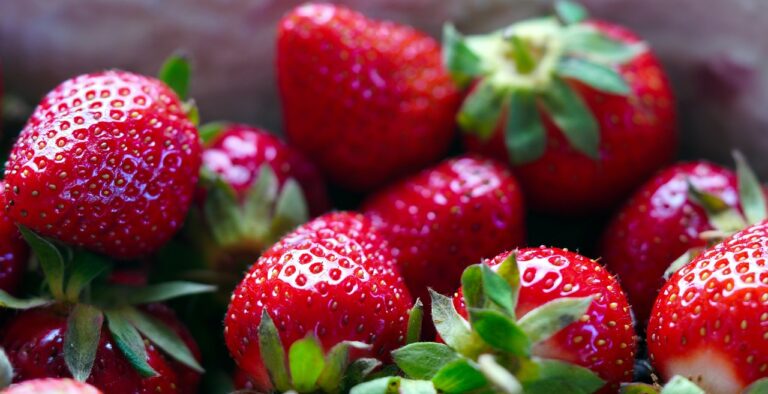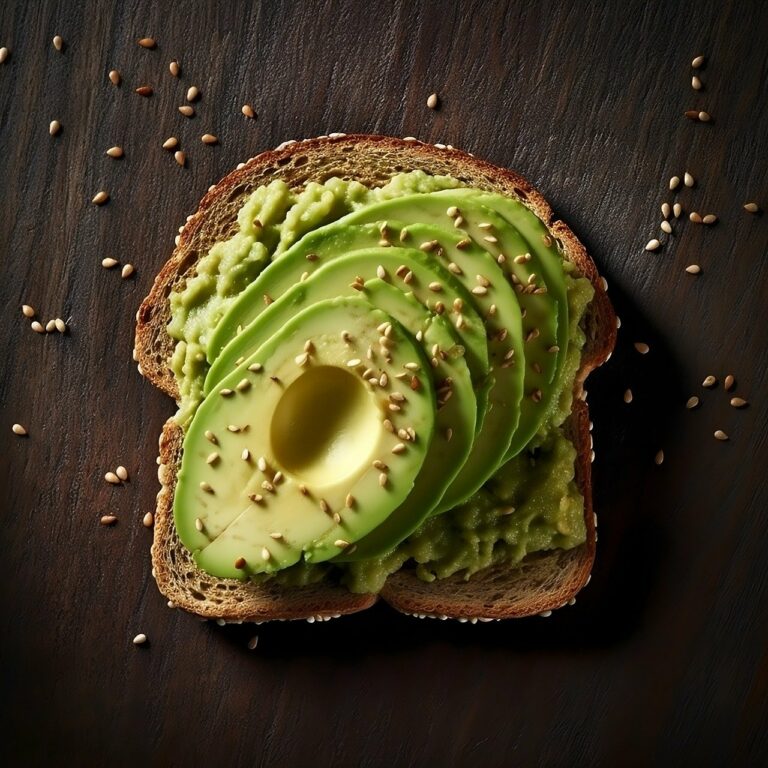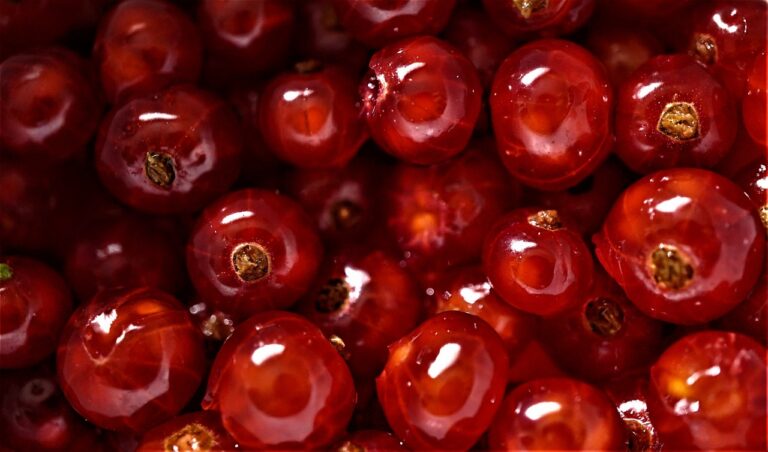Fermented Foods and Culinary Heritage: Honoring Ancestral Wisdom Through Traditional Recipes
world7, mahadev book login, silverexch: Fermented Foods and Culinary Heritage: Honoring Ancestral Wisdom Through Traditional Recipes
Have you ever heard the phrase, “You are what you eat”? As it turns out, there is a lot of truth to that statement when it comes to fermented foods and culinary heritage. Traditional recipes that have been passed down through generations offer a window into our ancestral wisdom and the remarkable health benefits of incorporating fermented foods into our diets.
Fermentation is a process that has been used by cultures around the world for centuries to preserve food and enhance its flavor. By harnessing the power of beneficial bacteria and enzymes, fermentation not only extends the shelf life of food but also boosts its nutritional value. From sauerkraut and kimchi to kefir and miso, fermented foods are not only delicious but also incredibly good for our gut health.
In today’s fast-paced world, it’s easy to lose touch with the traditional practices that have sustained human communities for centuries. But by exploring the rich tapestry of fermented foods and culinary heritage, we can reconnect with the wisdom of our ancestors and rediscover the simple pleasures of nourishing our bodies with wholesome, natural ingredients.
Here are six key headings to guide you through the exploration of fermented foods and culinary heritage:
1. Fermentation: A Brief History
2. The Health Benefits of Fermented Foods
3. Traditional Recipes from Around the World
4. How to Incorporate Fermented Foods Into Your Diet
5. Preserving Culinary Heritage Through Traditional Cooking
6. The Future of Fermented Foods: Innovations and Trends
Fermentation has a long and storied history, dating back thousands of years to ancient civilizations such as the Egyptians, Greeks, and Romans. These early cultures discovered the transformative power of fermentation in preserving food and enhancing its flavor. Today, we continue to build on this ancient knowledge with modern scientific advancements that have only deepened our understanding of the health benefits of fermented foods.
One of the key benefits of fermented foods is their ability to support gut health. Our gut is home to trillions of bacteria that play a crucial role in digestion, immunity, and overall well-being. By consuming probiotic-rich fermented foods, we can help maintain a healthy balance of gut bacteria and promote optimal digestive function. This, in turn, can have a positive impact on our immune system, mood, and even our weight management.
From Korean kimchi to Japanese miso soup, fermented foods are a staple in many traditional cuisines around the world. Each culture has its unique fermentation methods and recipes that reflect the local ingredients and culinary traditions. By exploring these traditional recipes, we can gain insight into the diversity of fermented foods and the cultural significance they hold for different communities.
If you’re eager to incorporate more fermented foods into your diet, there are plenty of options to choose from. You can start by adding a spoonful of sauerkraut to your sandwich or enjoying a probiotic-rich yogurt for breakfast. Experimenting with different fermented foods and flavors can help you discover new tastes and textures that will elevate your meals and nourish your body.
As we embrace the convenience of processed foods and fast food chains, it’s easy to forget the importance of preserving our culinary heritage. Traditional recipes that have been handed down through generations offer a link to our past and a connection to our ancestors. By cooking traditional dishes and incorporating fermented foods into our diets, we can honor the wisdom of those who came before us and celebrate the rich tapestry of human history.
Looking ahead, the future of fermented foods is filled with exciting possibilities. As we continue to explore the potential of fermentation in food production, we can expect to see innovative new products and techniques that enhance the flavor, nutrition, and sustainability of fermented foods. From plant-based alternatives to artisanal small-batch creations, the world of fermented foods is ripe for exploration and creativity.
FAQs:
Q: Are fermented foods safe to eat?
A: Yes, fermented foods are safe to eat and have been consumed for centuries by cultures around the world.
Q: Can I make my own fermented foods at home?
A: Yes, you can make your own fermented foods at home with simple ingredients and basic kitchen tools.
Q: What are some common fermented foods?
A: Some common fermented foods include sauerkraut, kimchi, yogurt, kefir, kombucha, and miso.
Q: How can fermented foods benefit my health?
A: Fermented foods can support gut health, improve digestion, boost immunity, and promote overall well-being.
Q: How can I incorporate more fermented foods into my diet?
A: You can start by adding small amounts of fermented foods to your meals and gradually increasing your intake over time.
In closing, fermented foods and culinary heritage offer a glimpse into the wisdom of our ancestors and the remarkable health benefits of traditional recipes. By exploring the rich tapestry of fermented foods from around the world, we can reconnect with our roots and nourish our bodies with wholesome, natural ingredients. So why not embark on a culinary journey to honor our ancestral wisdom and savor the delights of fermented foods today?







